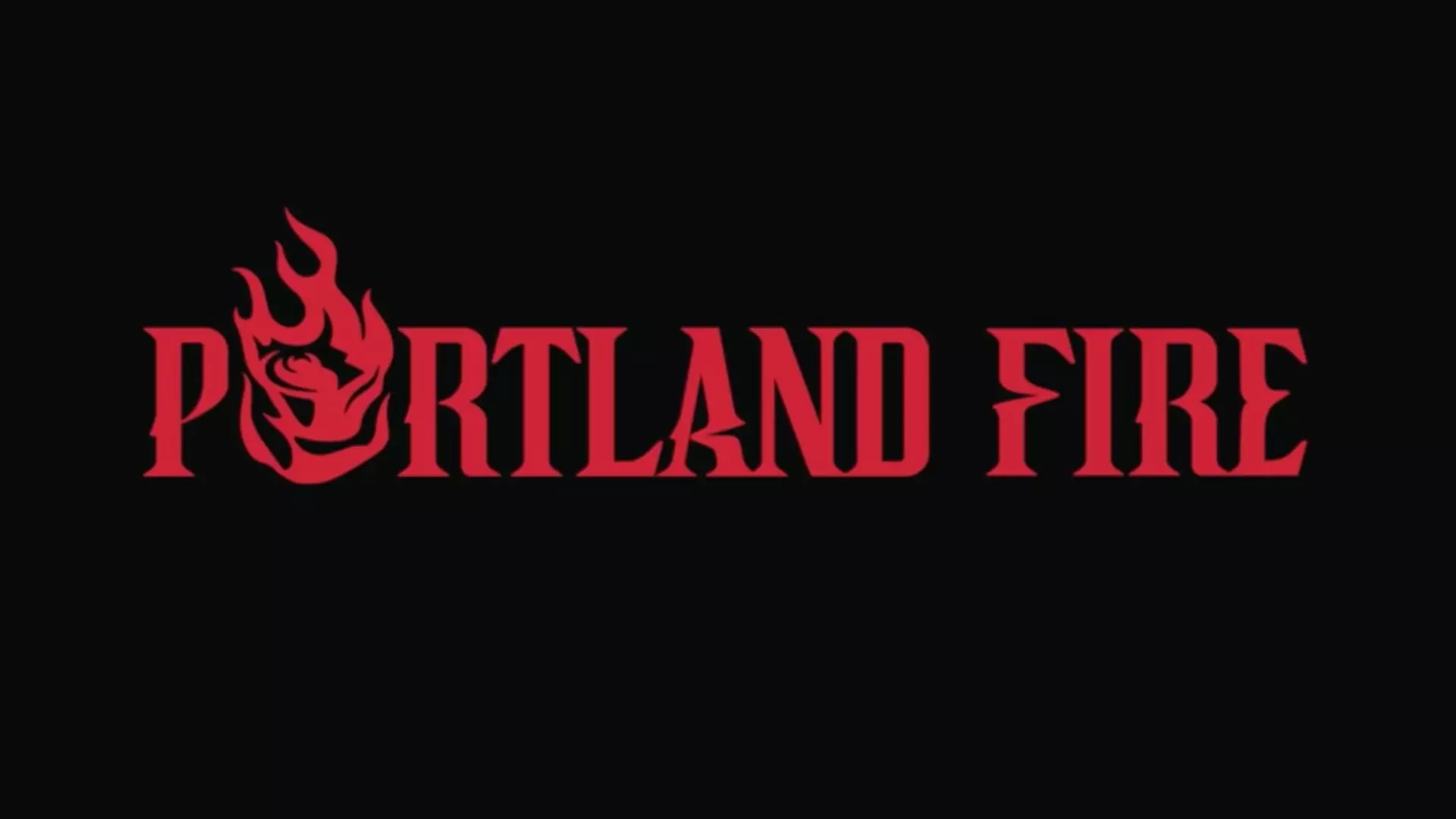Portland’s revival of its WNBA franchise under the banner of the “Portland Fire” might seem like a vibrant renewal of women’s sports pride, but beneath the bright colors and symbolic flames lies a troubling superficiality. Resurrecting the team to honor past glories appears more like a marketing strategy aimed at capitalizing on nostalgia than a real commitment to advancing gender equity or fostering a sustainable sports ecosystem for women. The shiny branding—featuring a rose engulfed in flames and regional icons—serves only to distract us from the fact that this franchise’s return is being driven by corporate interests and league expansion ambitions, rather than grassroots empowerment or community-oriented growth.
Commercial Gains Over Genuine Development
The narrative spun by the league and the ownership group emphasizes Portland’s sports legacy and regional pride. Yet the emphasis on ticket deposits and branding nuances reveals a focus on revenue and market capture rather than meaningful cultural change. Is this expansion truly about elevating women’s sports, or simply about filling NBA and WNBA arenas to boost league profitability? The decision to launch the Fire primarily in a lucrative downtown arena, shared with the Portland Trail Blazers, risks turning women’s basketball into a commercial adjunct rather than a true pillar of local sporting identity. It’s a convenient alignment that arguably compromises the independent growth women’s sports need to thrive outside of male-dominated league structures.
Symbolism Over Substance in Regional Identity
While the team incorporates regional symbols like bridges and Mount Hood to establish local pride, this gesture feels more like window dressing than a commitment to community engagement. The league’s focus on aesthetics and regional imagery seems to overshadow the urgent need for policies that foster grassroots participation, equitable funding, and media coverage for women’s basketball. Upholding the legacy of the original Portland team is commendable, but heritage alone can’t sustain progress if the franchise remains tethered to corporate interests that prioritize short-term gains over long-term social impact.
Questionable Commitments to Equity and Sustainability
The league’s expansion momentum—adding new teams in Cleveland, Detroit, Philadelphia—suggests a rapid growth strategy that borders on opportunism. This frenetic pace dilutes genuine opportunity, favoring market saturation over community investment. Portland’s Fire, while a symbolic rebirth, risks becoming just another franchise that benefits from women’s sports’ current popularity boom without addressing the core issues — pay disparities, media visibility, and player rights. Without a clear, intentional focus on elevating the sport’s social relevance and ensuring equitable development, this shiny new franchise could easily fall into the trap of hollow spectacle, further reinforcing the misconception that women’s sports are capturable merely through branding and expansion.
A Call for Authentic Transformation, Not Just Rebranding
In a climate where female athletes still grapple with systemic inequality, the Portland Fire’s glossy launch feels like a missed opportunity. It’s a reminder that sensational branding and record-breaking ticket deposits do not equate to substantive progress. If Portland truly wants to be a beacon for women’s sports, it must demand more—a commitment from ownership and league officials to invest in community programs, youth development, and equitable media coverage. Otherwise, the franchise risks being just another fleeting flame, ignited by hype but destined to burn out before leaving a genuine legacy of change.

